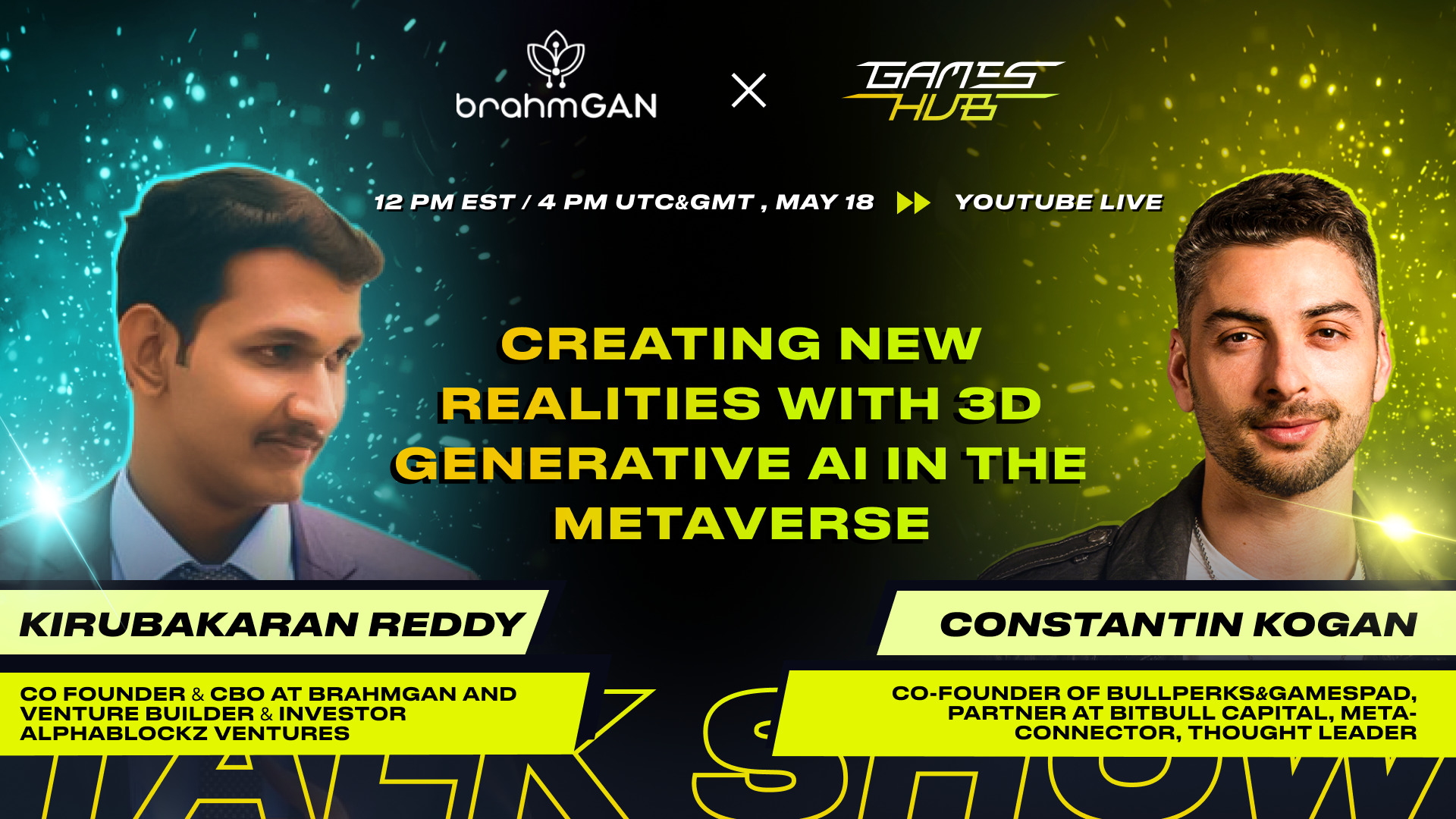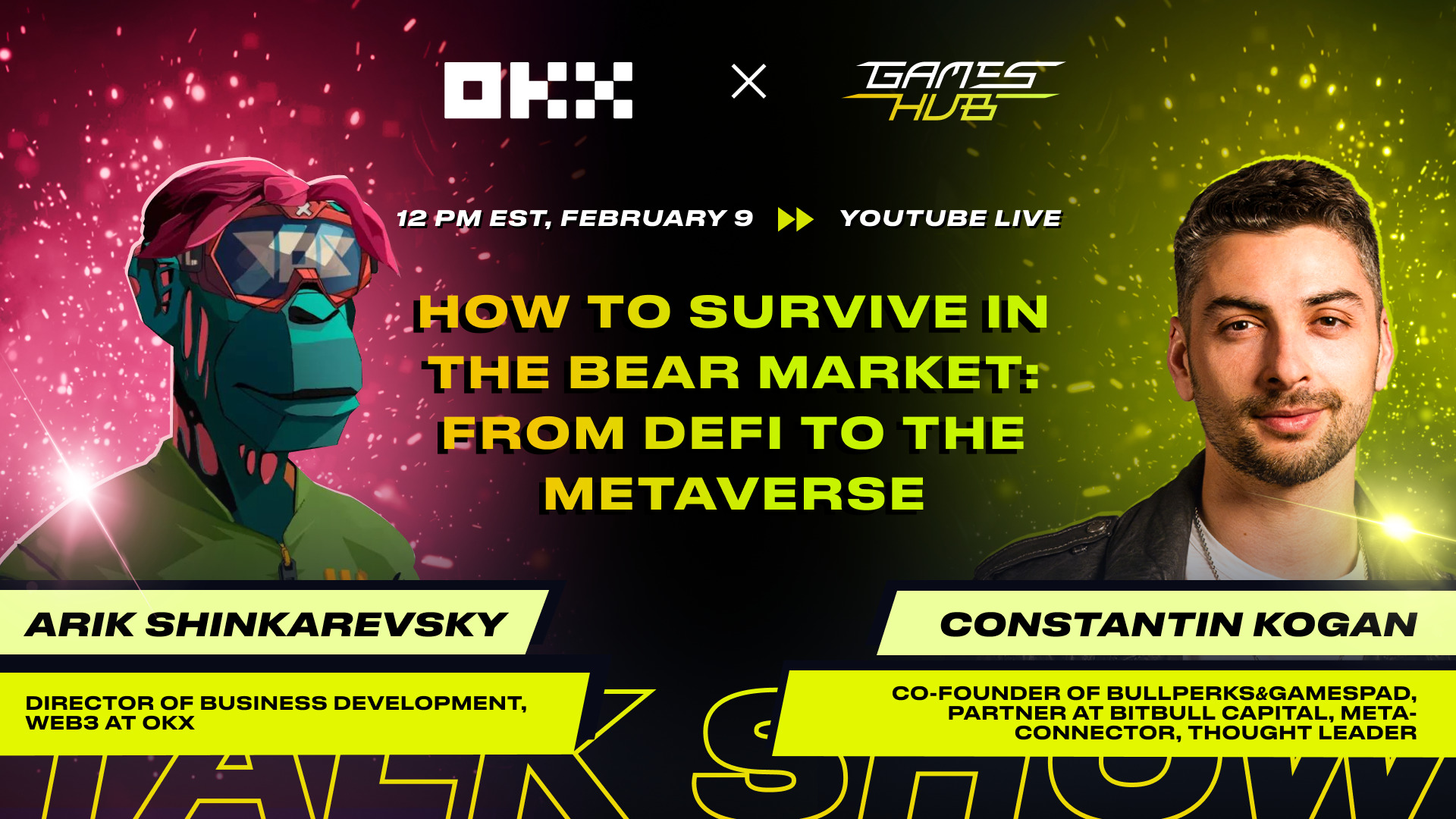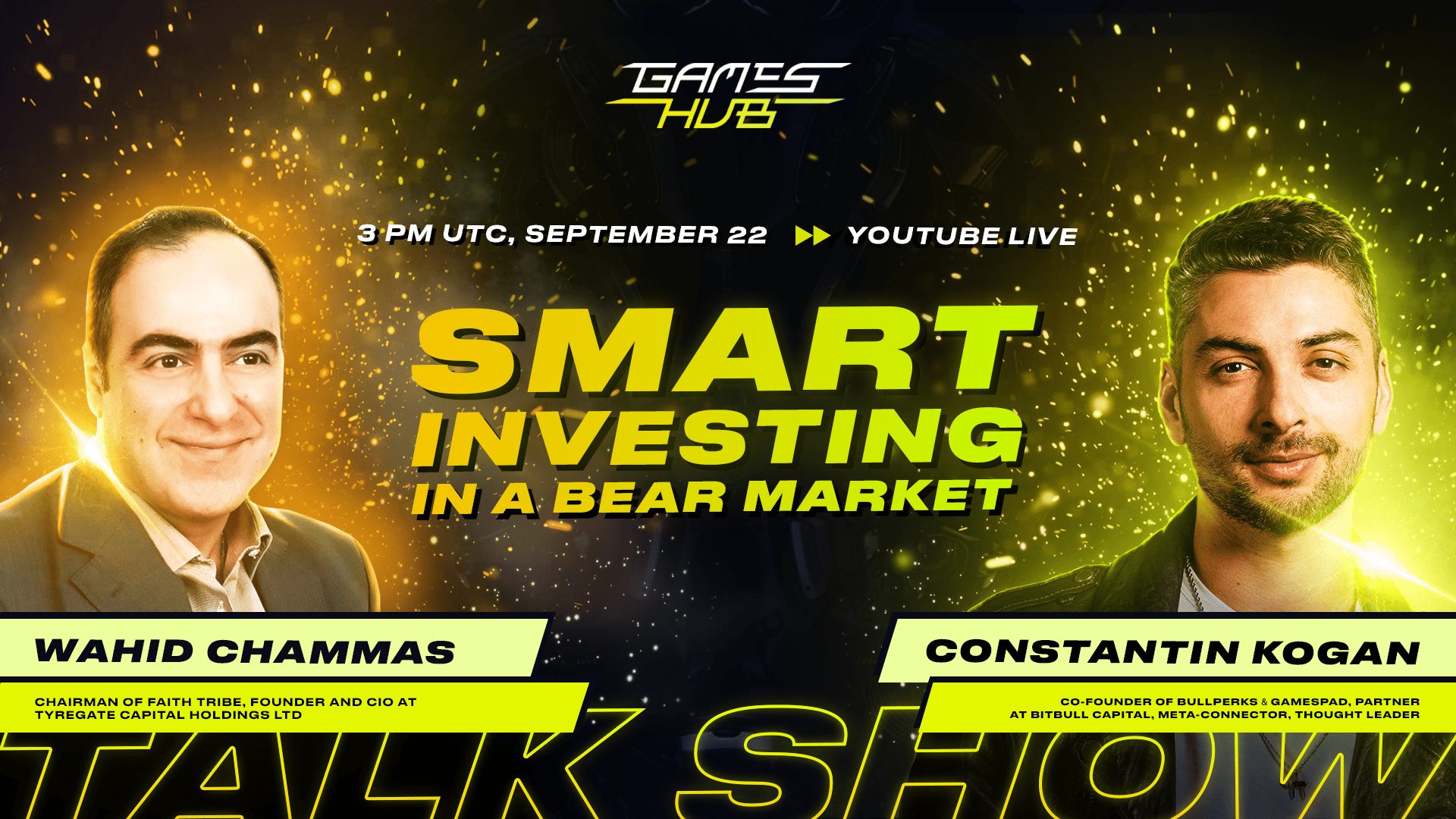GamesHUB #15 | Steps Toward Crypto Adoption by Traditional Companies




Broadcaster of Reuters Insider Financial Network, Founder of Crypto Coin Show & Blockchain


That’s a great question, and you’re right. We’re seeing little tidbits here and there; especially the payment processing companies that are doing fiat payments controlling the movement of money around the world. And with the rise in people using Bitcoin and other cryptos to move money around the world, how can they capture some of that audience that they’re losing?
I don’t think Visa and MasterCard are going to come out with something tomorrow that is as good as what PayPal is working on and what Twitter is working on.I think since Elon Musk acquired Twitter and all the way back to when he started x.com and PayPal back in 99, he’s been focused on a payments play.
Having a social network that millions of people are using is great, but having them using a payments network inside of that, I think is going to be the game changer. I’m really looking at how cryptocurrency will start getting into the hands of people when they’re using these online platforms whether they’re connecting with family over their social texting platform, that’s the perfect location to be able to send funds whether it’s Fiat or crypto.

I think browsers and search engines, which are sort of tied into the browsers as well, is a huge topic because really that’s your gateway into the internet. Having those native crypto integrations I think are going to be important. But also just the ethos of cryptocurrency and the privacy aspect of it, and owning your own information.
That’s really the ethos of blockchain is you’re owning your own funds, but also you wanna own your own personal information and make sure that it’s private. And if you’re going to give it out to somebody, whether it’s an advertiser or something, then you should be able to monetize from that rather than them monetizing from you and becoming the product.
I did speak with the Opera crypto browser. I actually used Opera Browser 20 years ago when they’ve been around forever, but not a lot of people have heard of them. But it’s great that they’ve now integrated a whole new browser just for crypto and the brave browser as well, sort of seeing these integrated wallets into the browser. Personally, I like to keep my wallet separate from the browser, and there’s all these integrations with Meta Mask and the other traditional wallets that you can still use inside the browser.

I feel like I’m really looking forward to the integration of blockchain technology into a lot of these industry use cases that you wouldn’t traditionally think would be using blockchain. And most of the time, you actually don’t even know that they’re using blockchain. And that’s when we will get to real world adoption when people are just using the application and they don’t really know that it’s using blockchain on the backend and then therefore they don’t have to learn what is Blockchain 1 0 1, all of these different things.
But right now we’re still early days. The evolution of Bitcoin, it just had its 14th birthday on January 3rd. And smart contracting platforms like Ethereum are even younger. You know, we’re in like 5, 6, 7 years whereas the Internet’s had 30 years to evolve. And even then it’s still early days. We’re still evolving. So currently right now, I’m mainly just seeing the payments platforms.
I think one thing that I really like is the globalization of payments with these crypto debit cards and credit cards. As long as they’re built in the right way a lot of these cards, they try to get you to use their coin or lock you into their ecosystem to push up their token as well. And really what we’re looking for is just ease of payments.

With John McCaffey, his vision of it goes along with the same ethos of privacy protecting in the browser. You know, when you’re trading your coins, you’re going to hold those assets yourself and have custody of them the whole time, even while you’re trading an asset, whether from Bitcoin to Dogecoin or something that’s on a different blockchain that currently with the centralized infrastructure, you have to give away your Bitcoin to them.
And there’s a lot of risk in having your keys and your coins on centralized exchanges. And I think the FTX debacle as well is a major turning point with that, where people need to ensure that they don’t have too much money on centralized exchanges because they’re giving access to the passwords and the private keys of all their funds to these centralized exchanges.
We’ve been seeing it since the days of Mount GOs and every year or two there’s a huge mishap with centralized exchanges. And I don’t know if eventually people are gonna learn that this is a bad idea to have centralized exchanges. And, also we’re just trying to catch up with the infrastructure of that cross chain interoperability, right? And the reason that centralized exchanges started and the Dex movement is still early on, is because we don’t have the technology to have Bitcoin and move it to Dogecoin or Solana without giving your keys up to somebody who’s able to make that trade and, and build the markets for us.

























